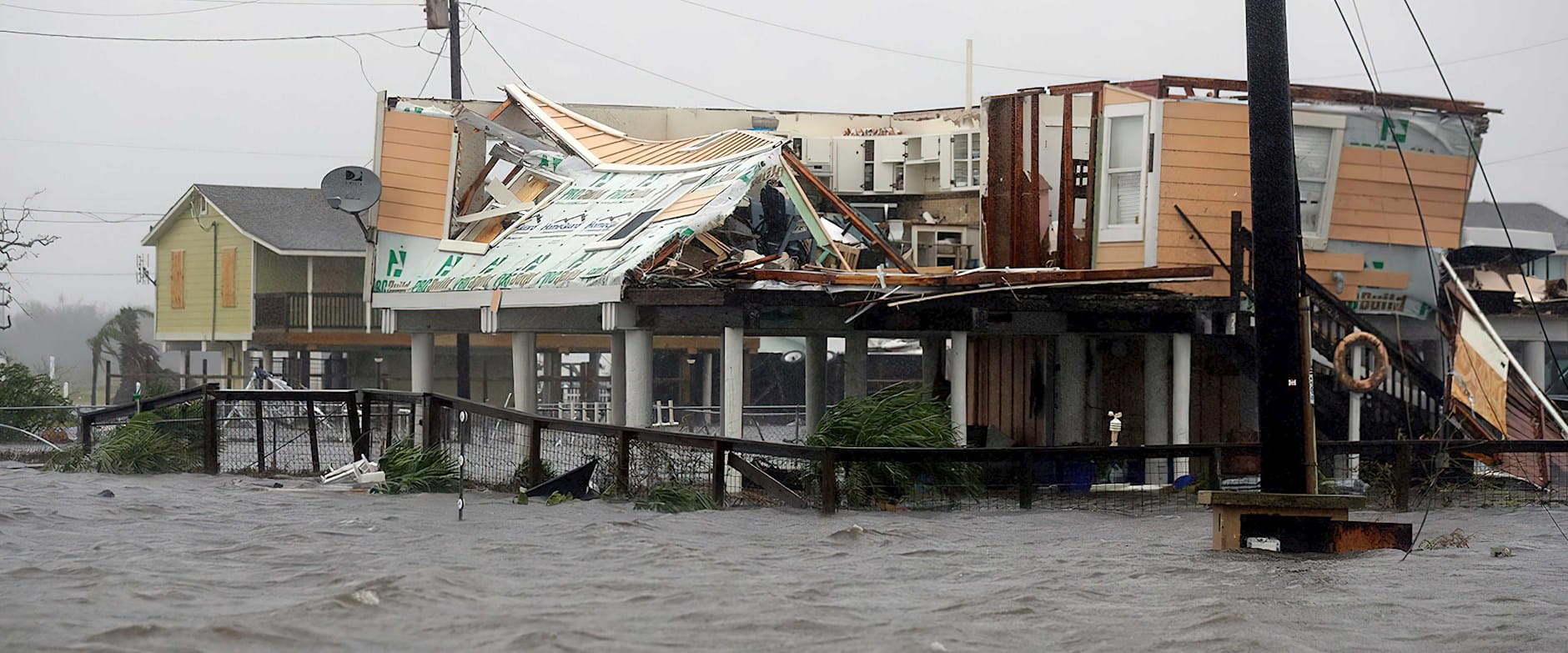
When Hurricane Harvey ravaged Texas and Louisiana in summer 2017, just 17 percent of residents most affected by the storm had flood insurance. This choice might have felt reasonable to longtime residents, as the annual probability of flood had seemed small (less than 1 percent). But residents’ choice not to pay modest annual premiums ultimately cost $1.2 billion in federal disaster assistance.
To head off more such outcomes, three researchers—Chicago Booth’s Shereen Chaudhry, the US Forest Service’s Michael Hand, and University of Pennsylvania’s Howard Kunreuther—explored how policy makers can convey to consumers, in more compelling fashion, the true risk of large-yet-uncommon events.
One method the researchers examined involves reframing cumulative threats over longer time spans, a technique called broad bracketing. Say there’s a 1 percent chance of flood in any given year. Those odds, while unalarming on an annual basis, translate to an arresting 26 percent chance of at least one flood over 30 years, the life of a typical mortgage.
To test the effects of broad bracketing on decision-making, the researchers constructed six experiments, each with 1,200 to 2,900 participants. In all the experiments, participants were given the choice between paying a small fee (an insurance premium) or risking a much larger loss, albeit with the low probability of 1 percent.
When participants saw the cumulative probability they would experience a flood at some point over time, rather than the probability that they would experience one in the shorter term, more of them sought insurance, the researchers observe. This was true when the flood-risk bracket was broadened to 200 years (87 percent risk) or even just 10 years (10 percent risk). These numbers packed more visceral punch than the 1 percent annual risk originally presented.
Recommended Reading
The effect of broad bracketing also held when the researchers controlled for participants’ personal experiences with floods. A variety of prior studies suggest that, over time, people weigh risk by leaning primarily on their own experiences. When homeowners decide whether they should buy flood insurance each year, their choices are reinforced by whether the waters have risen in recent memory; the more years without a flood, the more cavalier homeowners become. Yet in the online experiments that mentioned flooding, more study participants continued to buy hypothetical flood insurance when the risks were broad bracketed. And while overall demand for insurance ebbs as premiums rise, the proportionate contribution from broad bracketing persists.
Broad bracketing is unlikely to change consumers’ behavior much unless the cumulative probabilities of a given event are large enough to grab lapels, the researchers acknowledge. Indeed, one experiment indicates that if the risk of flooding is 1 percent annually, it could help to present that as a 10 percent risk of flood over 10 years. However, if the annual risk is just 0.1 percent, presenting that as a 1 percent risk over the decade might not be enough. Insurers might want to consider instead extending the time horizon further and say there’s an 18 percent chance of one or more floods over 200 years.
The researchers also concede the limitations of conveying risk, and its consequences, in an age of climate change. “If people believe that real-life event probabilities are dynamic and change over time,” they write, “they may place less weight on descriptive probability information.”
Shereen Chaudhry, Michael Hand, and Howard Kunreuther, “Broad Bracketing for Low-Probability Events,” Working paper, February 2020.
Your Privacy
We want to demonstrate our commitment to your privacy. Please review Chicago Booth's privacy notice, which provides information explaining how and why we collect particular information when you visit our website.

